Science
The principal focus of science teaching in key stage 1 is to enable pupils to experience and observe phenomena, looking more closely at the natural and humanly-constructed world around them. They should be encouraged to be curious and ask questions about what they notice. They should be helped to develop their understanding of scientific ideas by using different types of scientific enquiry to answer their own questions, including observing changes over a period of time, noticing patterns, grouping and classifying things, carrying out simple comparative tests, and finding things out using secondary sources of information. They should begin to use simple scientific language to talk about what they have found out and communicate their ideas to a range of audiences in a variety of ways. Most of the learning about science should be done through the use of first-hand practical experiences, but there should also be some use of appropriate secondary sources, such as books, photographs and videos.
- Plus Plan
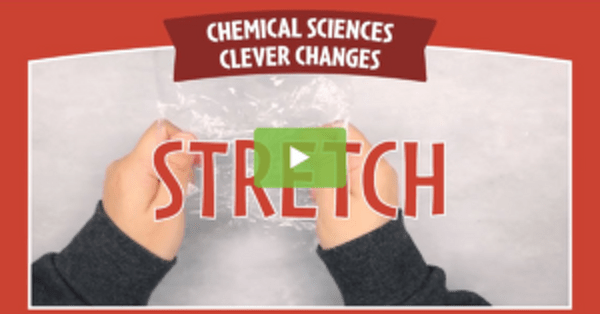
Properties of Materials Video – Objects That Stretch
Explore materials that can be stretched with your students using this science demonstration video perfect for your early years Chemical Sciences unit!
- Plus Plan
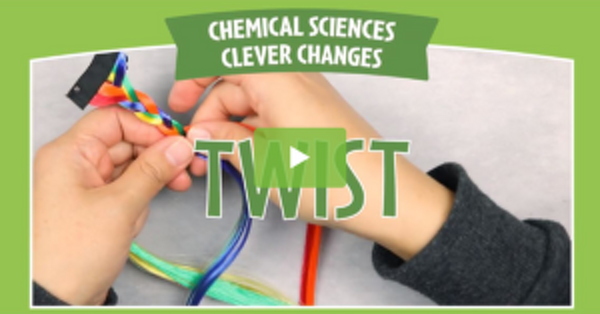
Properties of Materials Video - Objects That Twist
Explore materials that can twist with your students using this science demonstration video perfect for your early years Chemical Sciences unit!
- Plus Plan
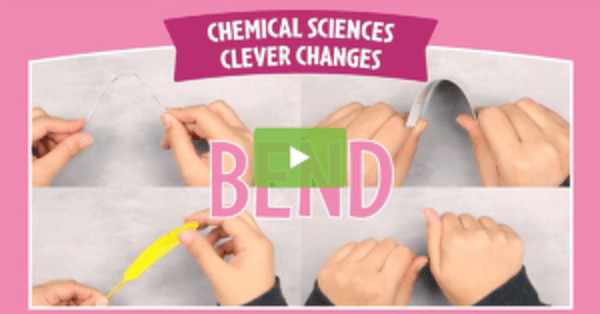
Properties of Materials Video - Bendy Objects
Explore bendy objects with your students using this science demonstration video perfect for your early years Chemical Sciences unit!
- Plus Plan
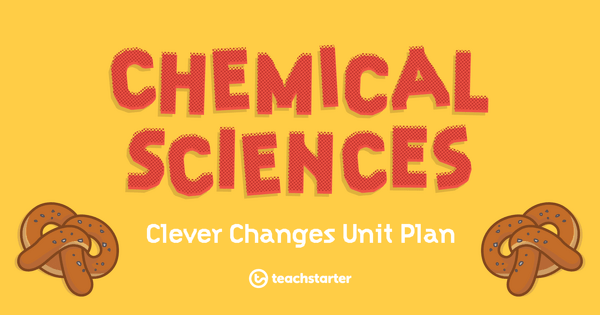
Chemical Sciences: Clever Changes – Unit Plan
This Chemical Sciences unit investigates the physical changes of materials and how properties change when materials stretch, bend, twist, heat or cool. Students predict how materials will vary and whether they can be returned to their original state.
- Plus Plan

Properties of Materials Unit Plan
This Chemical Sciences unit investigates the observable properties of materials. Descriptive vocabulary is explored as well as the suitability of materials for different purposes.
- Plus Plan
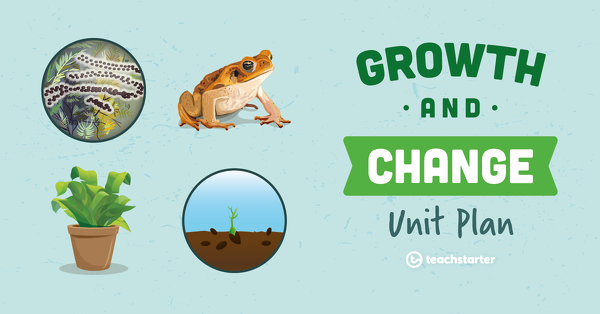
Growth and Change Unit Plan
This Biological Sciences unit explores how living things grow and change. Animal offspring (including humans) are compared with their parents and plants are grown from seed in order to observe change over a period of weeks.
- Plus Plan
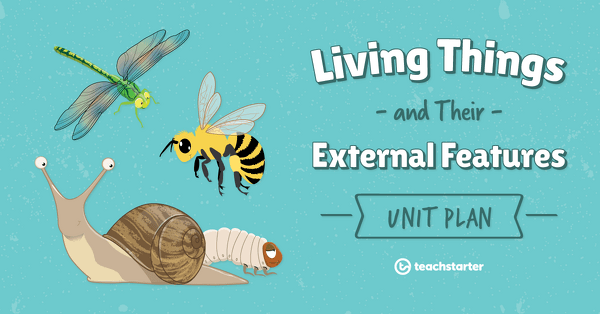
Living Things and Their External Features Unit Plan
This Biological Sciences unit covers a range of concepts relating to living things, such as their external features and the places in which their needs are met.
- Plus Plan
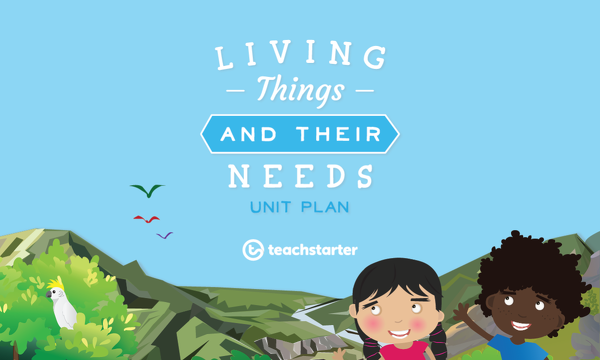
Living Things and Their Needs Unit Plan
This Science unit covers a range of concepts relating to the basic needs of living things.
- Plus Plan
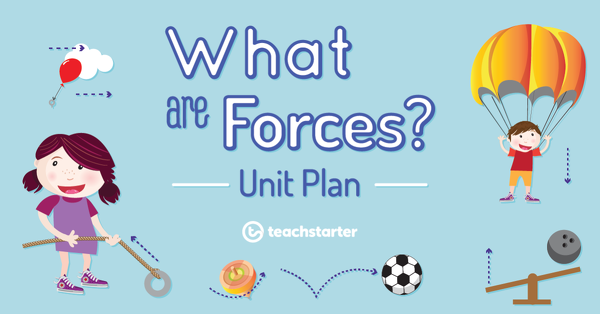
What Are Forces? Unit Plan
This Science unit addresses the concept of forces.
- Plus Plan
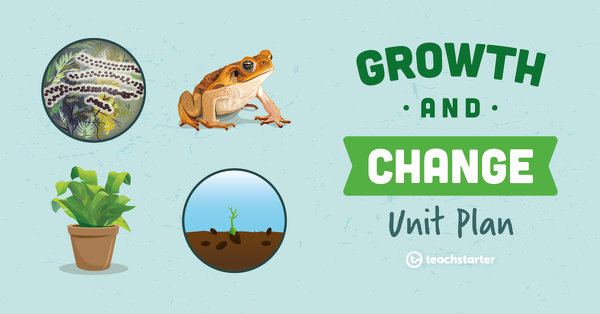
Big Changes!
A 60 minute lesson in which students will develop their understanding of the concept of metamorphosis.
- Plus Plan
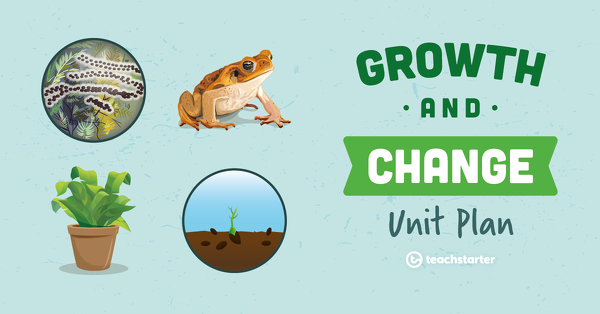
Going Through Stages
A 60 minute lesson in which students will demonstrate knowledge and understanding of simple life cycles.
- Plus Plan
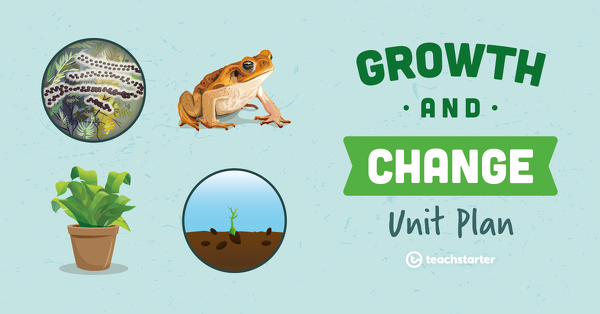
Mothers, Fathers and Babies
A 60 minute lesson in which students will compare observable features of adults and offspring and identify the proper names of adults and their offspring.
- Plus Plan
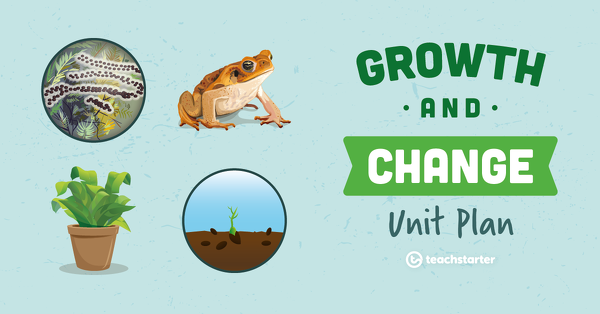
A-Planting We Will Go!
A 60 minute lesson in which students will plant seeds following the procedure of the scientific method.
- Plus Plan
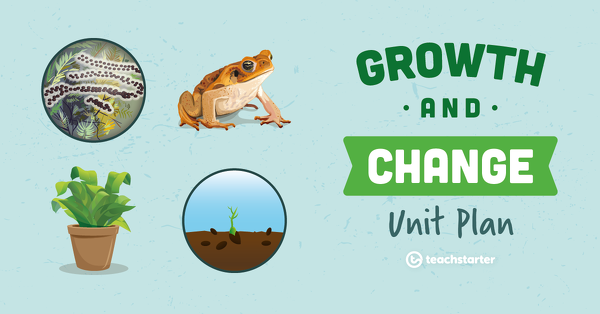
Let's Think Like a Scientist
A 60 minute lesson in which students will develop an understanding of the procedures scientists use and design one segment of an experiment.
- Plus Plan
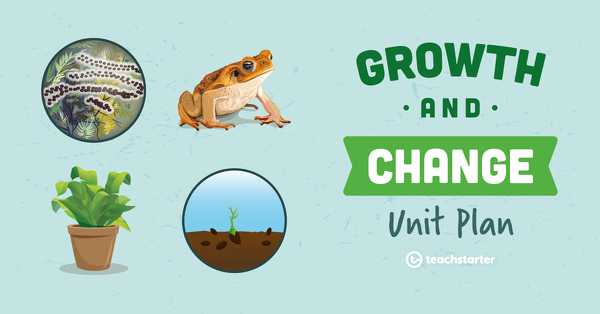
How Do Living Things Change?
A 60 minute lesson in which students will activate prior knowledge about how living things change as they grow.
- Plus Plan
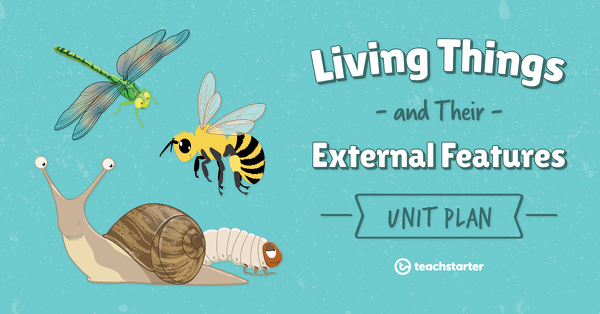
What is the Same and What is Different?
A 60 minute lesson in which students will compare the external features of small animals.
- Plus Plan
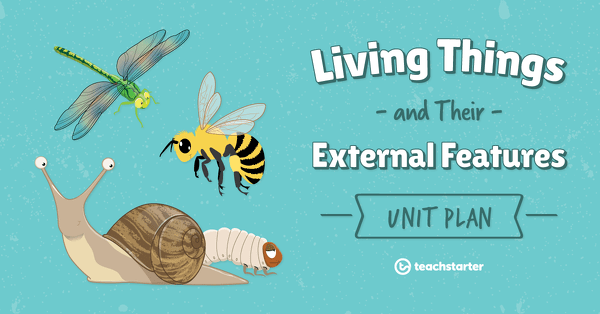
What Snacks Do Ants Prefer?
A 60 minute lesson in which students will investigate which foods ants prefer to eat.
- Plus Plan
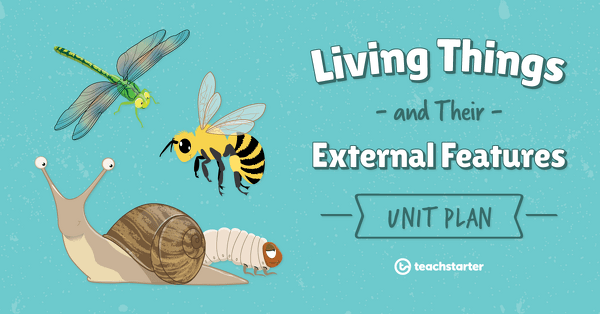
Astounding Ants
A 60 minute lesson in which students will identify the external features of an ant.
- Plus Plan
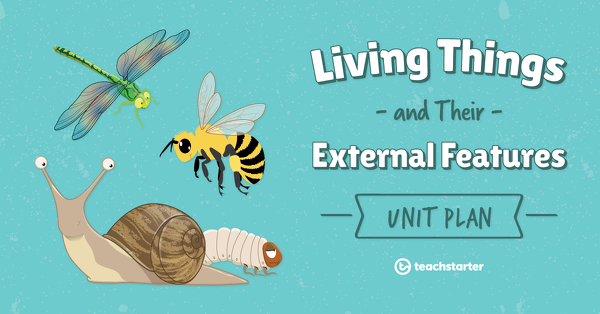
Let's Build an Earthworm House
A 60 minute lesson in which students will identify that living things live in different places where their needs are met.
- Plus Plan
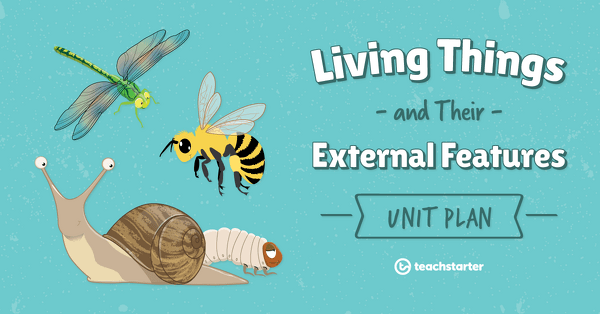
Amazing Tunnellers
A 60 minute lesson in which students will identify the external features of an earthworm.
- Plus Plan
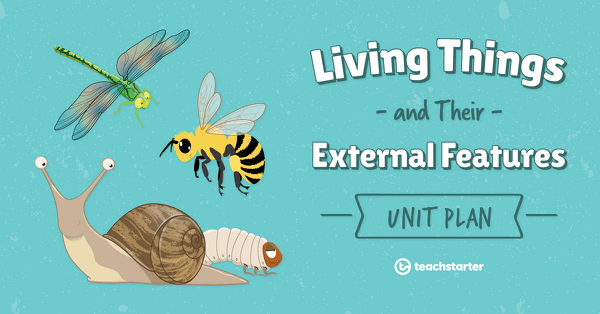
What Did We Find On Our Playground Safari?
A 60 minute lesson in which students will represent and communicate observations and ideas in a variety of ways.
- Plus Plan
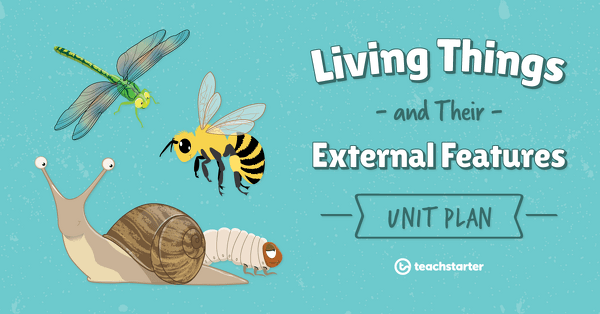
We're Going On a Playground Safari
A 60 minute lesson in which students will investigate the external features of small animals.
- Plus Plan
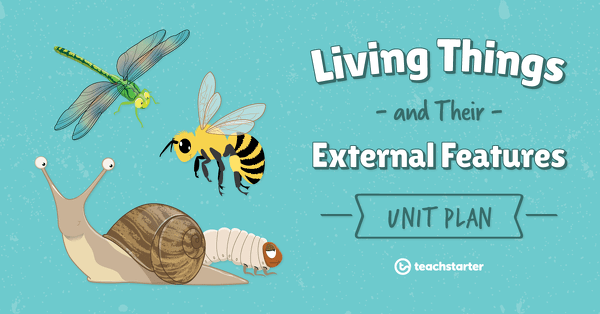
Asking Questions About Living Things
A 60 minute lesson in which students will identify that small animals have different external features.
- Plus Plan
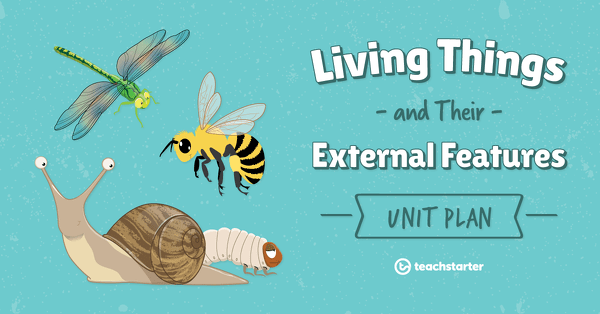
Living Things Are All Around Us
A 60 minute lesson in which students will activate prior knowledge about living and non-living things.
- Plus Plan

Making Monsters
A 60 minute lesson in which students design and create a 3D monster using objects made from materials with different properties.
- Plus Plan

Keep Me Dry
A 60 minute lesson in which students investigate materials to determine how water resistant they are.
- Plus Plan

Give Me Some Shade
A 60 minute lesson in which students investigate materials to determine how much shade they provide.
- Plus Plan

What Works Best?
A 60 minute lesson in which students develop an understanding of the suitability of certain materials for different purposes.
- Plus Plan

Let's Sort!
A 60 minute lesson in which students identify the material objects are made of and sort them in various ways.
- Plus Plan

Diving Into Description
A 60 minute lesson in which students explore the properties of materials and develop vocabulary to describe them.
- Plus Plan
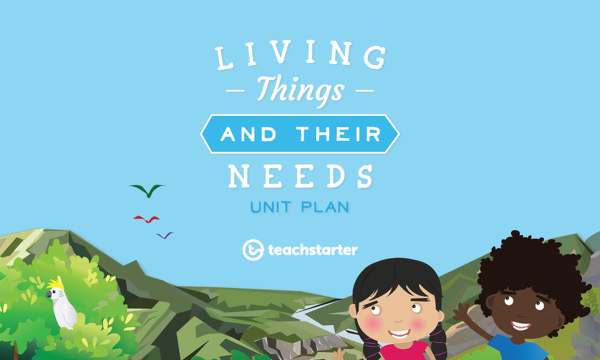
Habitat Diorama - Assessment Task
An inquiry-based assessment task in which students will demonstrate an understanding of the four basic needs for living things.
- Plus Plan
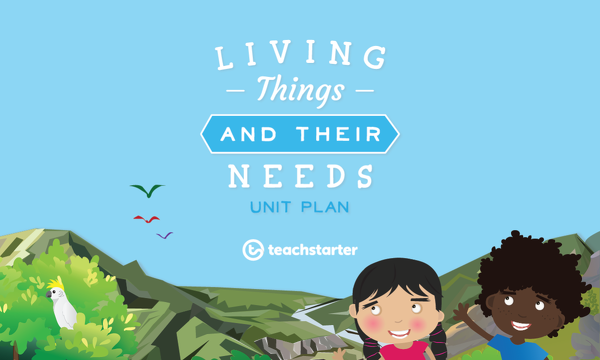
Shelter Building Experiment
A 60 minute lesson in which students will investigate how a shelter can protect a living thing.